Coronavirus: Queensland faces slow count in local elections
Controversial elections held in the midst of the coronavirus crisis now hit by major vote count delays.
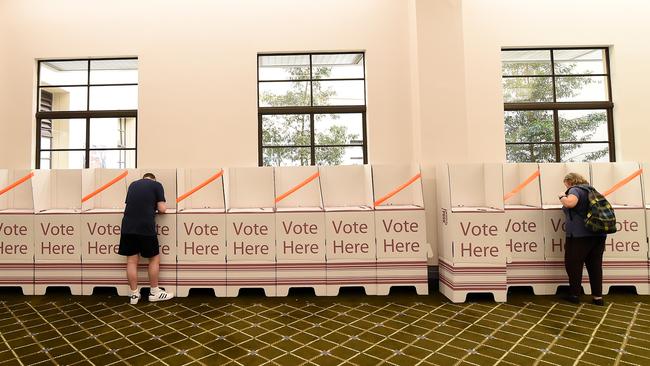
Major delays in updating the vote count in Queensland’s local-government elections have marred an event that has already attracted controversy for being held in the midst of the coronavirus crisis.
Votes are being counted to determine who will run Queensland’s councils and take a seat in state parliament.
The level of turnout in the 77 local government polls and by-elections in the state seats of Currumbin on the Gold Coast and Bundamba at Ipswich is unclear. Results could take days after more than 500,000 people voted by mail to avoid queuing amid the COVID-19 pandemic.
It’s unknown what impact the virus may have on the polls.
Government officials have for weeks urged Queenslanders to stay at home to avoid spreading the infection and simultaneously told them to go out and vote. Labor’s Lance McCallum is set to retain Bundamba, according to ABC election analyst Antony Green, while Laura Gerber was on track to hold Currumbin for the Liberal National Party.
Those results would not change the government but are a sign of what’s to come at October’s state election.
Meanwhile the LNP’s Adrian Schrinner was leading in the race to become Brisbane mayor, followed by Labor’s Patrick Condren.
Tom Tate was tracking ahead on the Gold Coast, while Teresa Harding was ahead in poll for Ipswich mayor and Darren Power was leading the pack in Logan.
Lawrence Springborg, former state leader of the LNP, will return to politics after running unopposed for mayor of Goondiwindi.
About 750,000 electors cast their vote in 77 council elections across the state on Saturday.
However, nearly 1.2 million Queenslanders had opted to vote before Saturday, with another 570,000 applying for a postal vote, severely slowing the vote count.
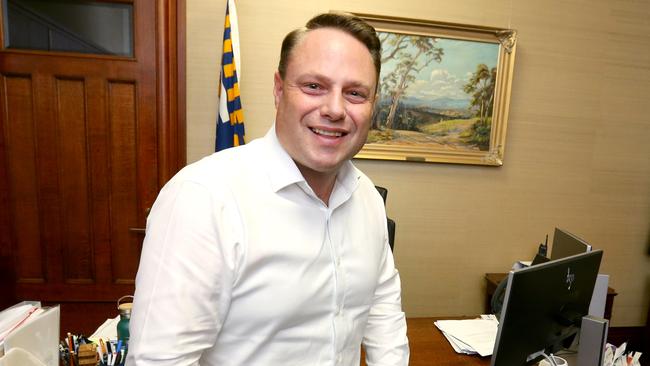
ECQ figures showed that with more than 14 per cent of the vote counted in the Brisbane lord-mayoral contest, incumbent Adrian Schrinner had attracted 42.55 per cent of the vote while his major challenger, Labor’s Pat Condren had 30.99 per cent.
Mr Schrinner told The Courier-Mail on Saturday night that it was likely he had won the election.
“Although there are a lot of votes still to be reported, our scrutineers are confirming I’ve been returned as lord mayor, with a clear majority if not all of my councillors returned,” he said.
“But there will be no celebrations tonight, there will be no celebrations tomorrow. This is a time to get on with the job.’’
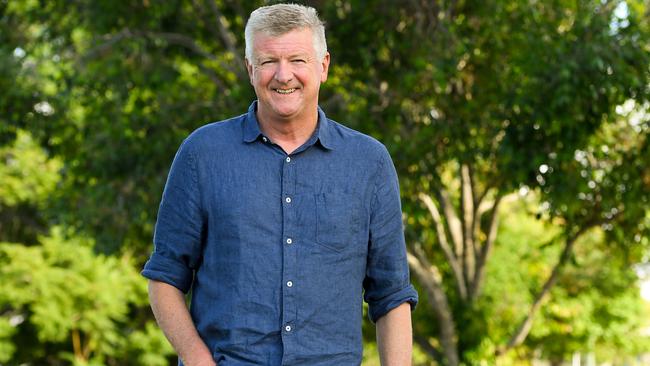
But Labor’s Mr Condren refused to concede defeat, saying the technical difficulties with the vote count meant it was too early to discern the election outcome.
Among other contests, Gold Coast mayor Tom Tate is likely to win another term while Townsville mayor Jenny Hill may have seen off a challenge by former State of Origin rugby league great Greg Dowling, whose campaign was heavily backed by mining magnate Clive Palmer.
However, only a small percentage of votes had been counted in most of the mayoral contests.
Counting will resume on Sunday.
The participation for Saturday’s elections was estimated at about 80 per cent statewide, which would be only a few percentage points below the 2016 turnout.
Earlier, polling places that would be bustling and redolent with the smell of fried sausages and onions on any other election day were quiet and sombre on Saturday, when electors were due to exercise their choice of who should lead their local communities in the state’s 77 local-government areas.
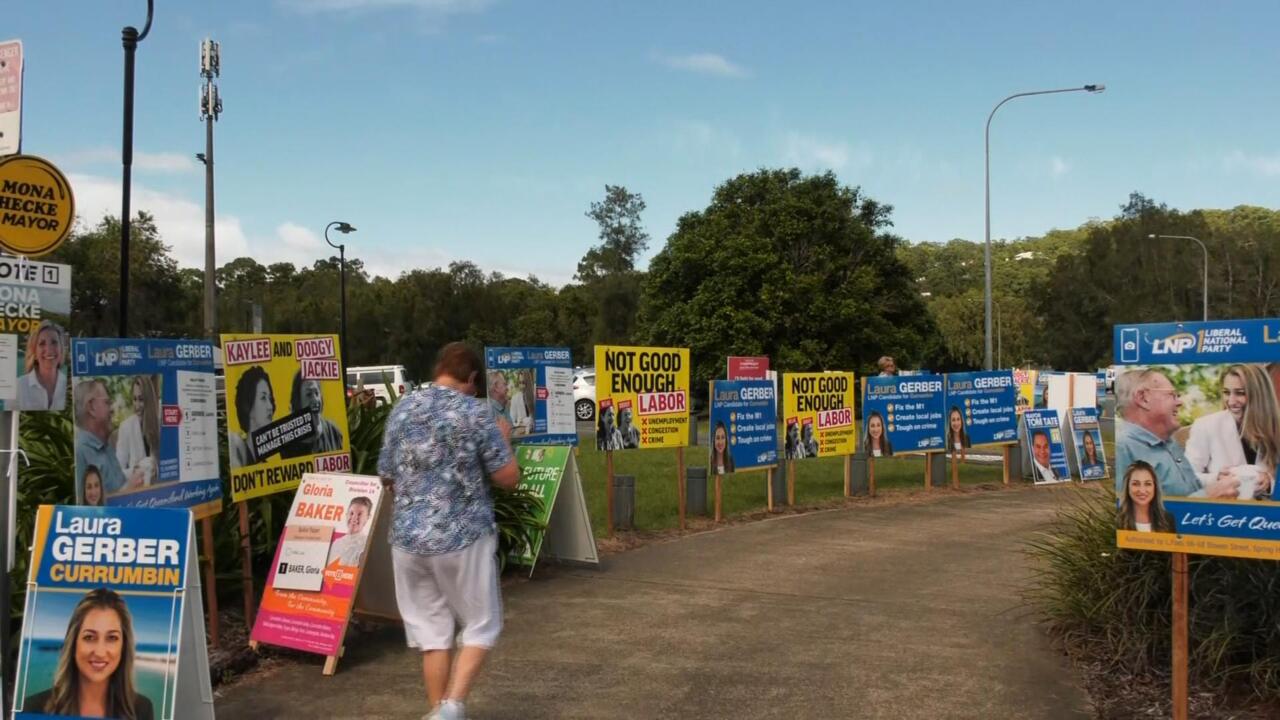
Amid much criticism about its decision to go ahead with the elections while the nation is battling the coronavirus crisis, the Queensland government has had to handle an unprecedented number of people wanting to vote before March 28.
With a total of 3.3 million Queenslanders eligible to vote, more than half the state had already lodged their vote before Saturday, including 150,000 alone on Friday.
People who have left it until Saturday to vote have been advised to take their own pencil to fill out their ballot papers and to keep 1.5m apart, the coronavirus social distance, from their fellow electors.
Voters in Ipswich and Logan were to elect entirely new councils after their previous local administrations were sacked amid corruption scandals.
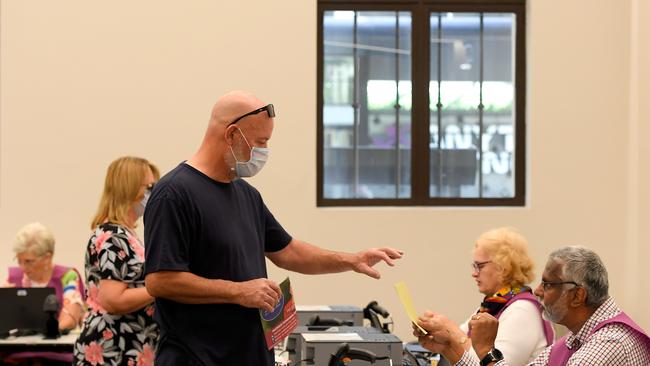
Local Government Association of Queensland chief executive Greg Hallam backed the decision to press ahead with the elections.
“There are tough decisions ahead, decisions that need to be made to guide local communities in these challenging times,” he said
“Budgets need to be approved, emergency response mechanisms need to be led and local economic response plans activated and implemented to ensure any stimulus and support is targeted where it is most needed.”
“These elections will ensure stability. They will ensure councils can continue to function at a time when their communities need them the most.”
with AAP

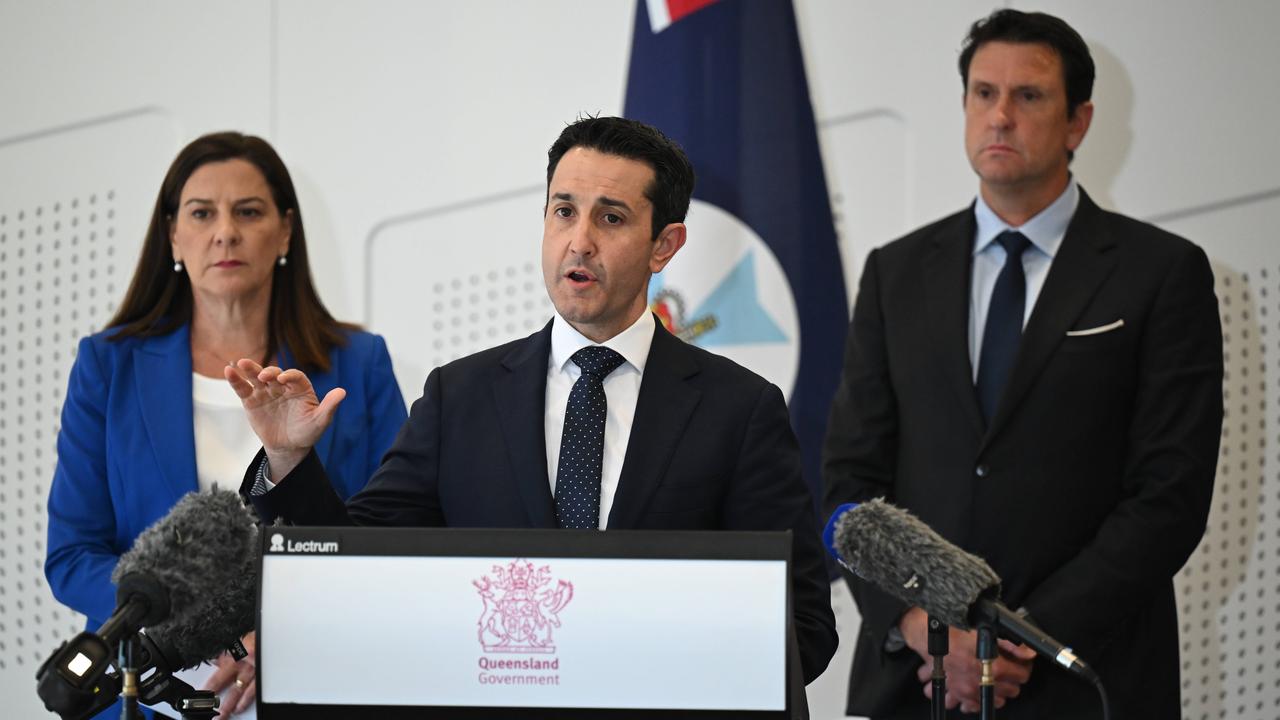
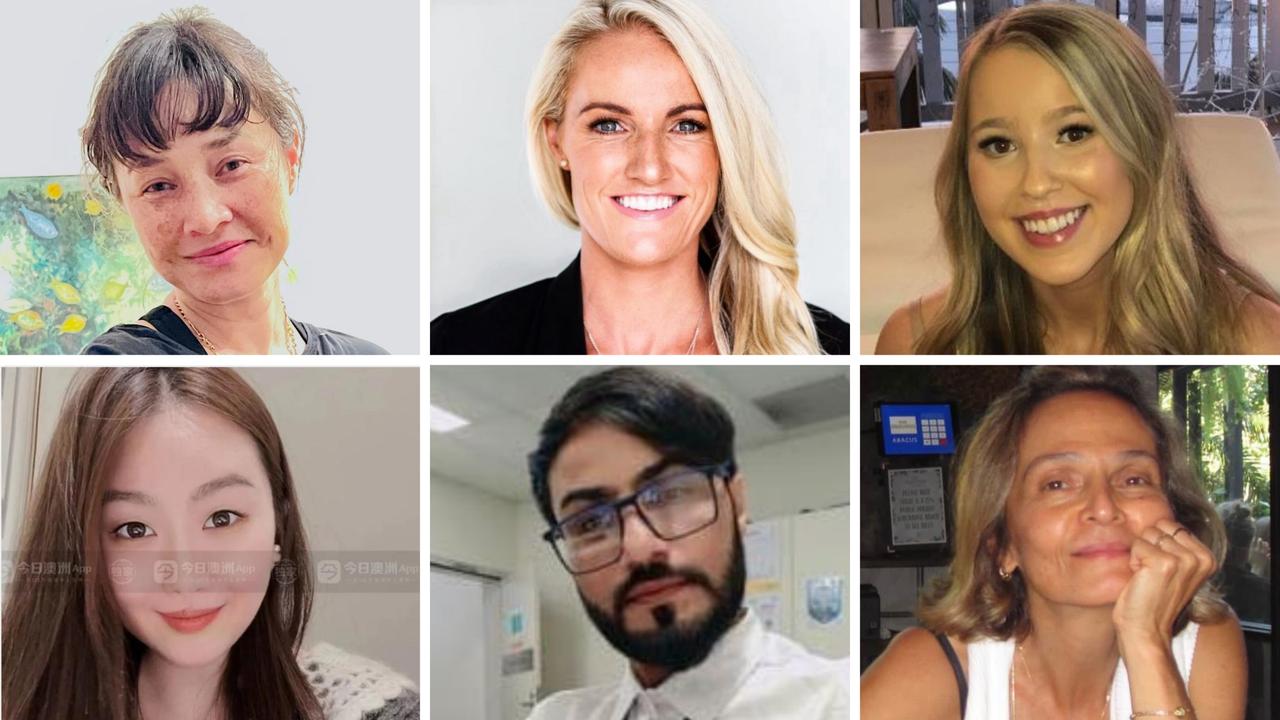
To join the conversation, please log in. Don't have an account? Register
Join the conversation, you are commenting as Logout